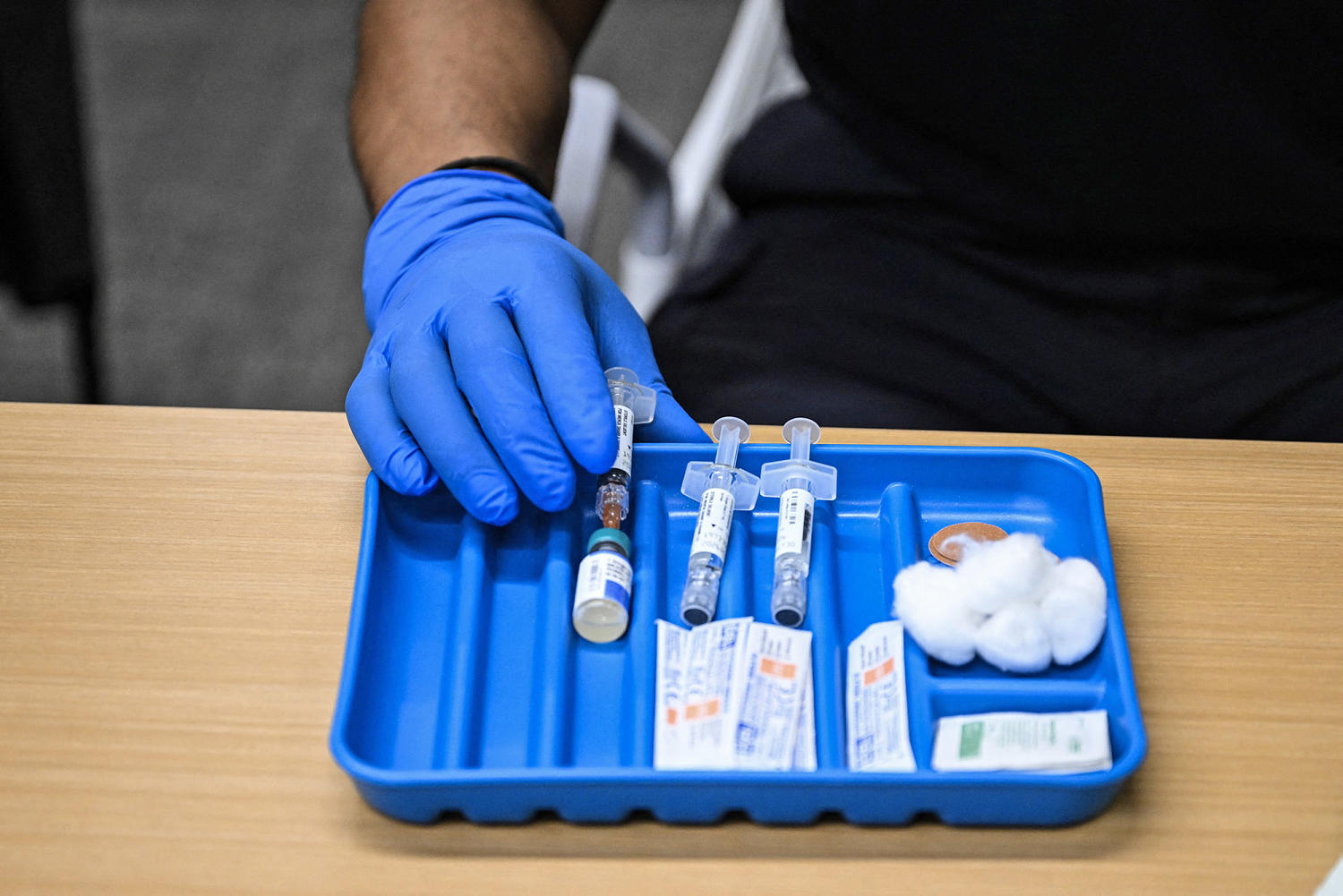Trust apologises for treating A&E patients in cafe
NegativeHealth

A healthcare trust has issued an apology for the controversial decision to treat A&E patients in a cafe, a move that has raised concerns about patient care and dignity. The trust's leadership has assured the public that such practices will not occur again, highlighting the importance of maintaining proper medical environments for patients. This incident underscores the ongoing challenges faced by healthcare facilities in managing patient flow and resources.
— Curated by the World Pulse Now AI Editorial System




